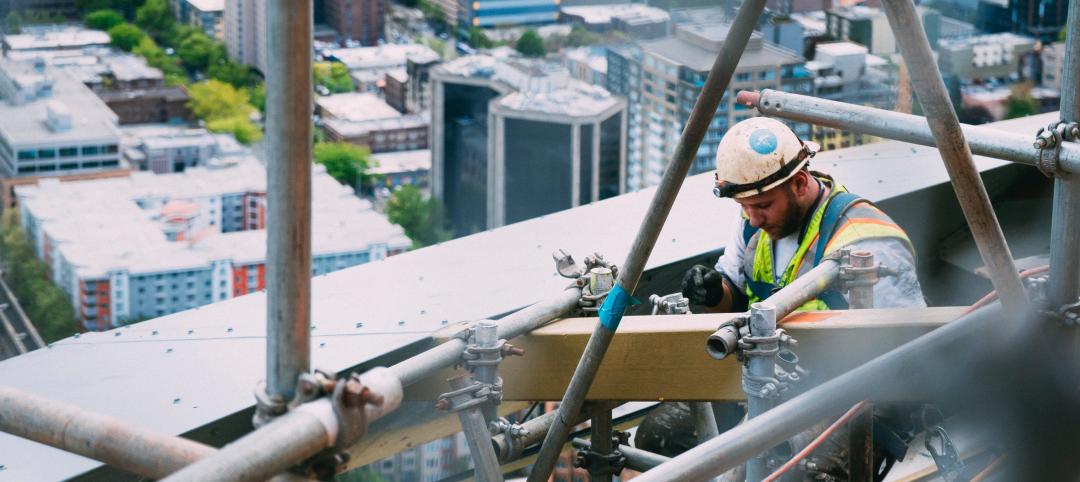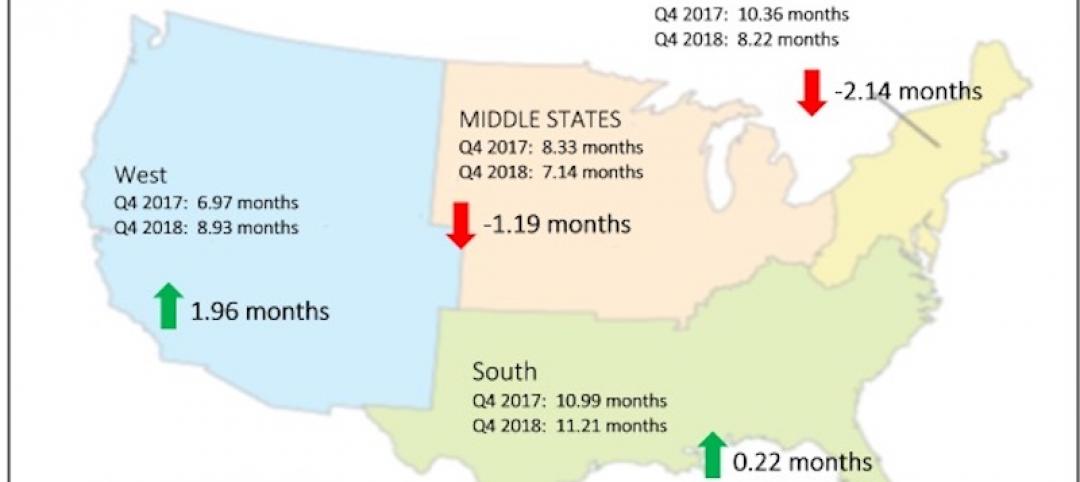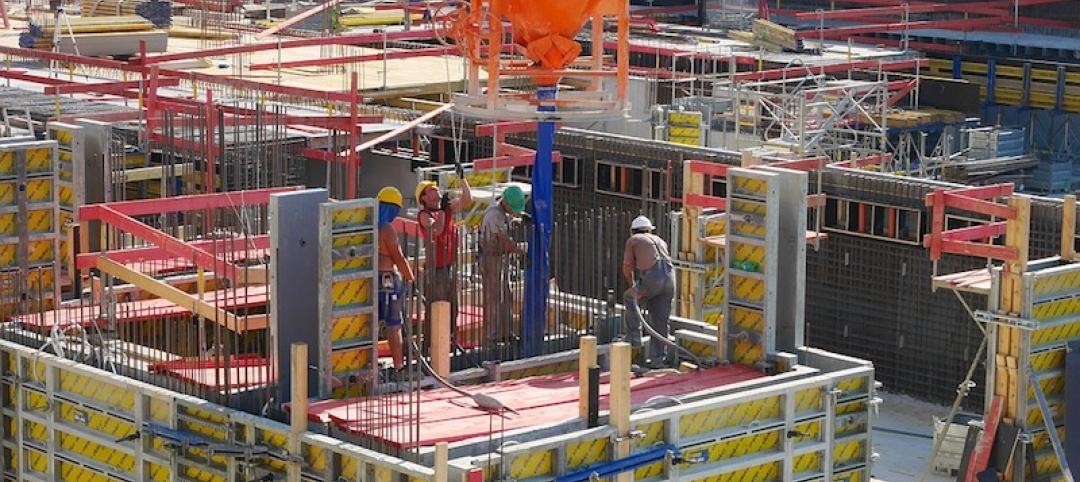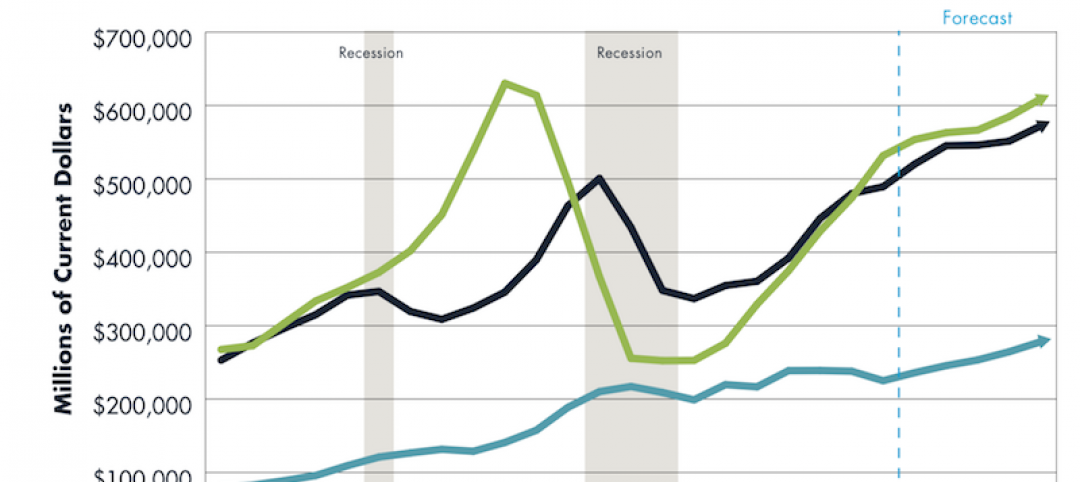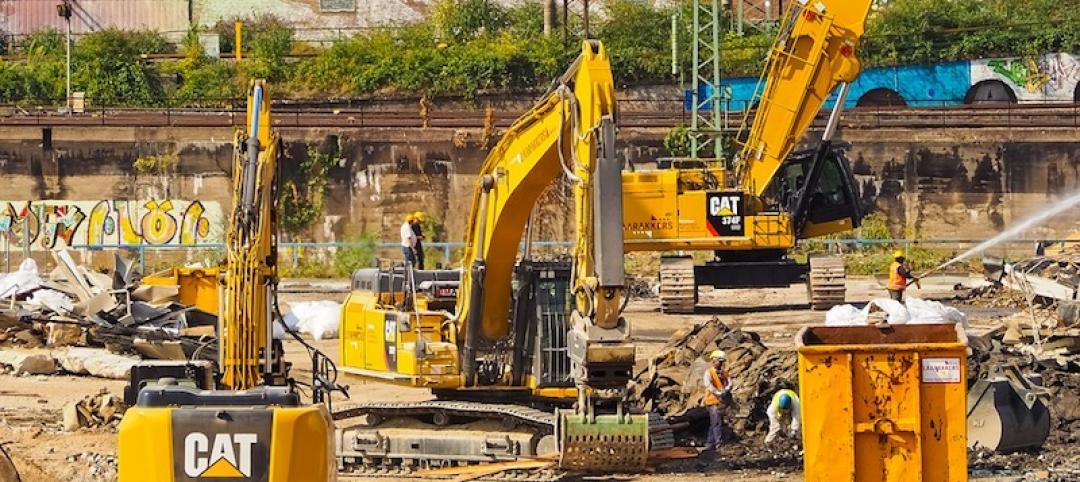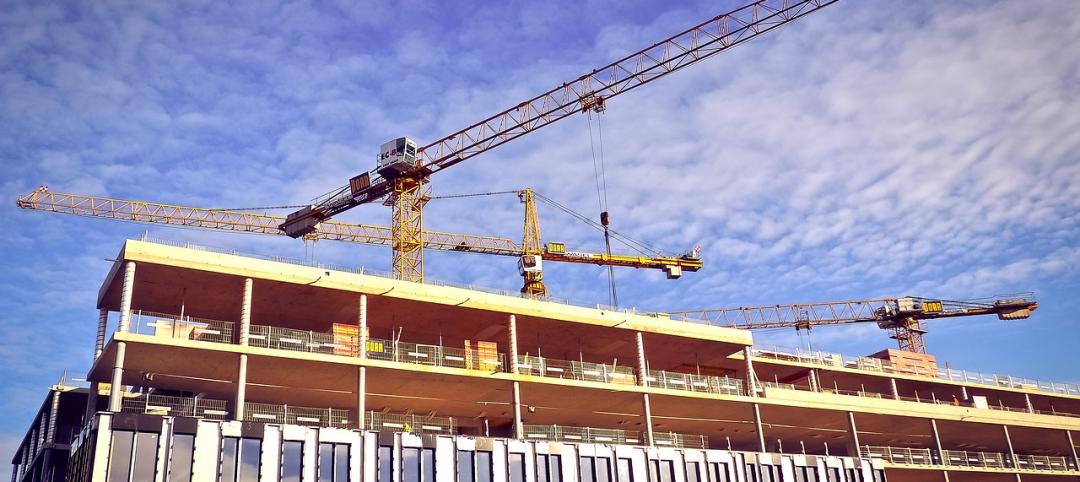A new study published today by the American Institute of Architects (AIA) finds that data and culture gaps are obstacles architects are facing in fighting climate change.
The report, Sustainability in the Architect’s Journey to Specification, identified a number of common obstacles that could be improved by the building products industry to help architects support climate action, including:
- Supplying useful, timely, and accurate product information and data.
- Reducing barriers—primarily high costs–to products to increase adoption of sustainable products, especially as clients are increasingly concerned about sustainability being too cost-conscious in the short term.
In other findings, nearly all architects said third-party testing or certification is crucial for new product adoption. Architects also indicated that continuing education from building product companies is the most convenient way to learn about new products and innovations.
“Architects are increasingly motivated to commit to climate action and evolve the built environment,” said 2020 AIA President Jane Frederick, FAIA. “Our members have an important role to play, but they cannot do it alone. Everyone in the design and building product industry must do their part, and that means more than just making materials that contribute to sustainability. Informed product and material knowledge is essential, if we are going to succeed. Committing to innovation is essential.”
Sustainability in the Architect’s Journey to Specification is available on AIA’s website.
Related Stories
Market Data | Feb 20, 2019
Strong start to 2019 for architecture billings
“The government shutdown affected architecture firms, but doesn’t appear to have created a slowdown in the profession,” said AIA Chief Economist Kermit Baker, Hon. AIA, PhD, in the latest ABI report.
Market Data | Feb 19, 2019
ABC Construction Backlog Indicator steady in Q4 2018
CBI reached a record high of 9.9 months in the second quarter of 2018 and averaged about 9.1 months throughout all four quarters of last year.
Market Data | Feb 14, 2019
U.S. Green Building Council announces top 10 countries and regions for LEED green building
The list ranks countries and regions in terms of cumulative LEED-certified gross square meters as of December 31, 2018.
Market Data | Feb 13, 2019
Increasingly tech-enabled construction industry powers forward despite volatility
Construction industry momentum to carry through first half of 2019.
Market Data | Feb 4, 2019
U.S. Green Building Council announces annual Top 10 States for LEED Green Building in 2018
Illinois takes the top spot as USGBC defines the next generation of green building with LEED v4.1.
Market Data | Feb 4, 2019
Nonresidential construction spending dips in November
Total nonresidential spending stood at $751.5 billion on a seasonally adjusted annualized rate.
Market Data | Feb 1, 2019
The year-end U.S. hotel construction pipeline continues steady growth trend
Project counts in the early planning stage continue to rise reaching an all-time high of 1,723 projects/199,326 rooms.
Market Data | Feb 1, 2019
Construction spending is projected to increase by more than 11% through 2022
FMI’s annual outlook also expects the industry’s frantic M&A activity to be leavened by caution going forward.
Market Data | Jan 23, 2019
Architecture billings slow, but close 2018 with growing demand
AIA’s Architecture Billings Index (ABI) score for December was 50.4 compared to 54.7 in November.
Market Data | Jan 16, 2019
AIA 2019 Consensus Forecast: Nonresidential construction spending to rise 4.4%
The education, public safety, and office sectors will lead the growth areas this year, but AIA's Kermit Baker offers a cautious outlook for 2020.



